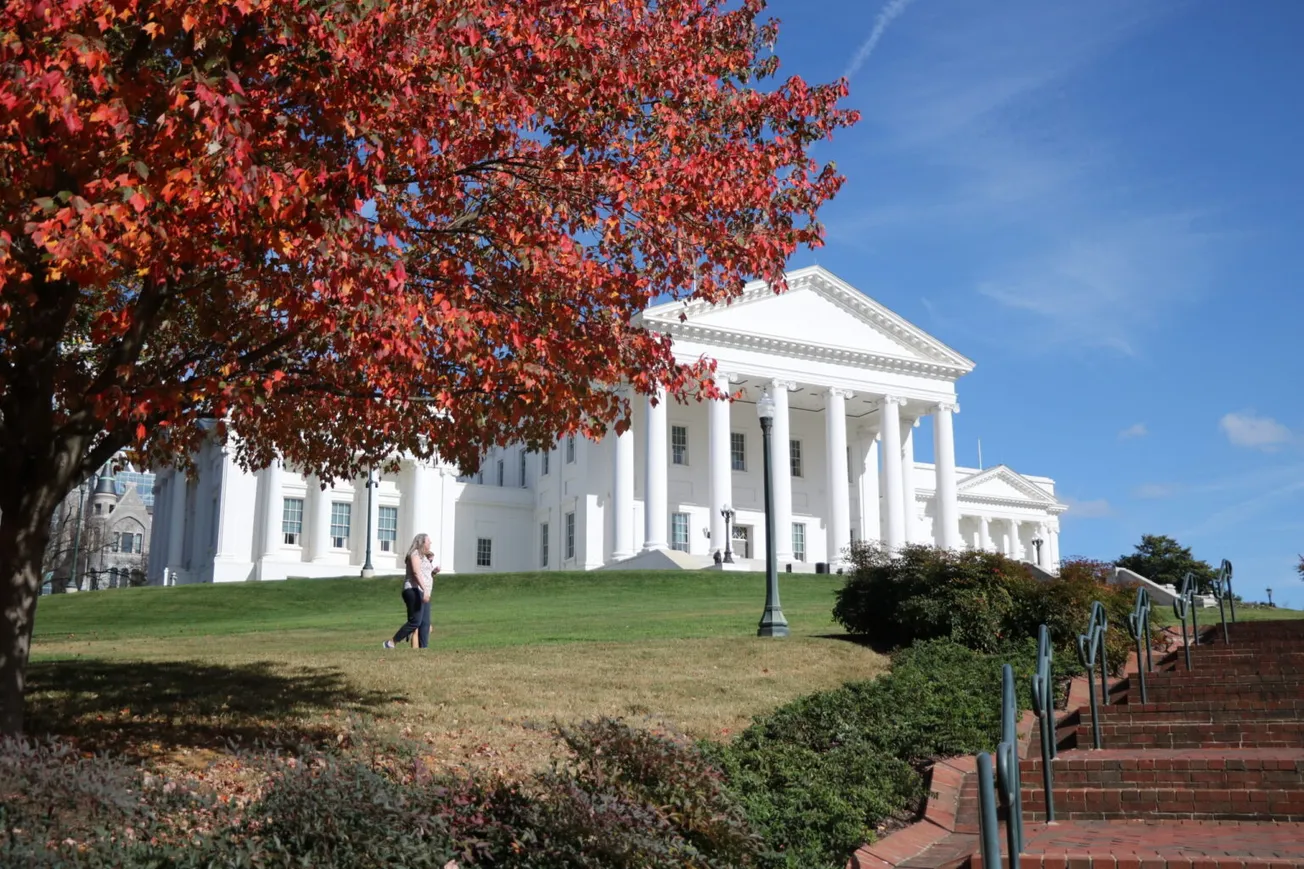Va. House Democrats make energy efficiency a key priority for legislative session
Lawmakers have filed bills to create an energy efficiency task force and to mandate utilities give qualified customers efficiency upgrades by 2031

Lawmakers have filed bills to create an energy efficiency task force and to mandate utilities give qualified customers efficiency upgrades by 2031
